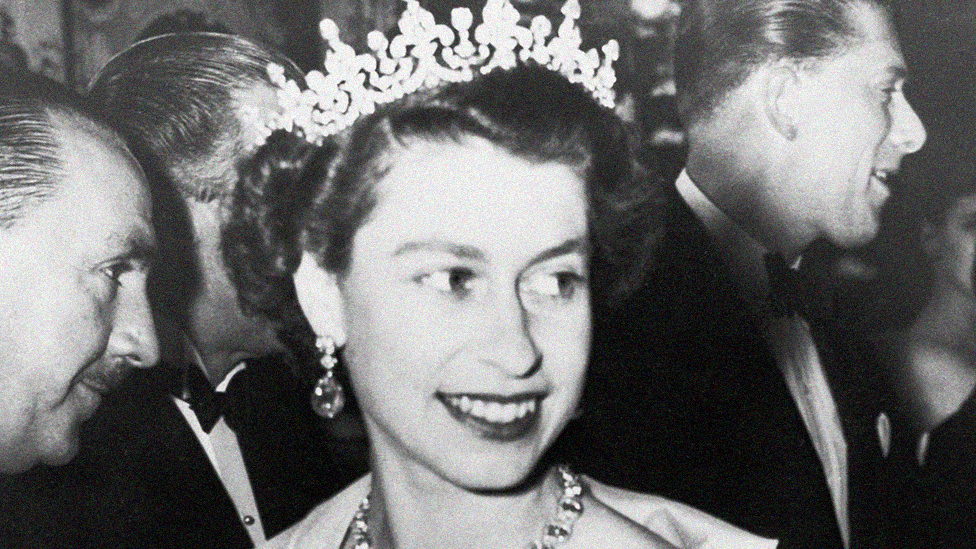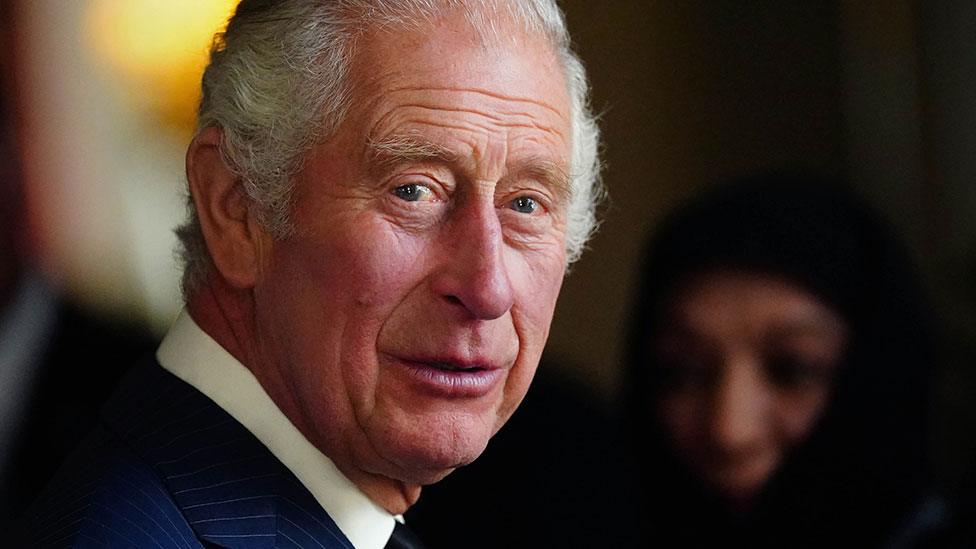What kind of king will Charles be?
- Published
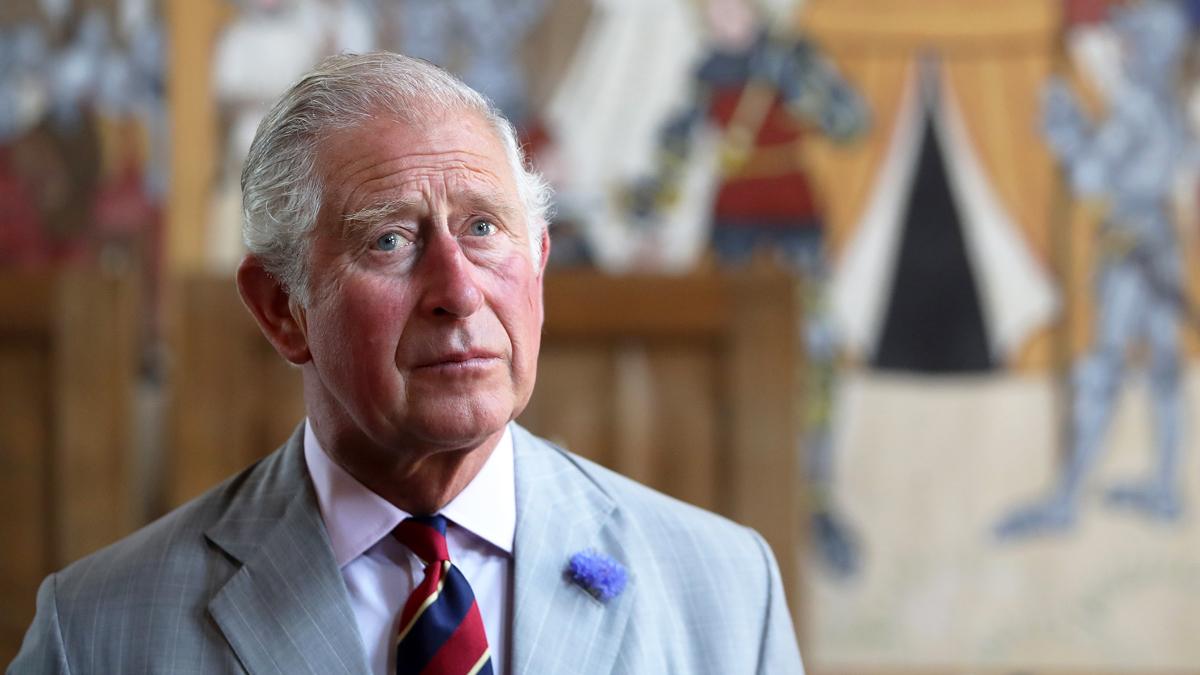

Charles, the longest-serving heir to the throne in British history, is now King. His apprenticeship as heir, lasting 70 years, has made him the best-prepared and oldest new monarch ever to take to the throne.
The 73-year-old King was there throughout his mother's long reign, witnessing generations of world leaders come and go, including 15 UK prime ministers and 14 US presidents.
After Queen Elizabeth II's remarkable, era-defining reign, what kind of King might we expect? And how will a prince used to speaking out on issues adapt to the neutrality of a monarch?
As King, Charles will no longer have his own passport or driving licence - or strong opinions in public. Being monarch supersedes the individual.
It is a case of different roles, different rules, believes leading constitutional expert Professor Vernon Bogdanor.
"He's known from his earliest days that his style will have to change. The public won't want a campaigning monarch," Prof Bogdanor says.
King Charles is well aware of the need to be less outspoken. "I'm not that stupid. I do realise it's a separate exercise being sovereign," he said in a BBC interview in 2018. "The idea that somehow I'm going to carry on exactly in the same way is complete nonsense."
When a new monarch takes to the throne, the royal profile on the coins is switched to face in the opposite direction. Charles' reign will also have a different focus.
The country that King Charles will reign over is much more diverse than that inherited by his mother, and Prof Bogdanor anticipates that the new King will reach out to a multicultural, multi-faith Britain.
He expects him to try to act as a unifying force, making more visible efforts to connect with ethnic minorities and disadvantaged groups.

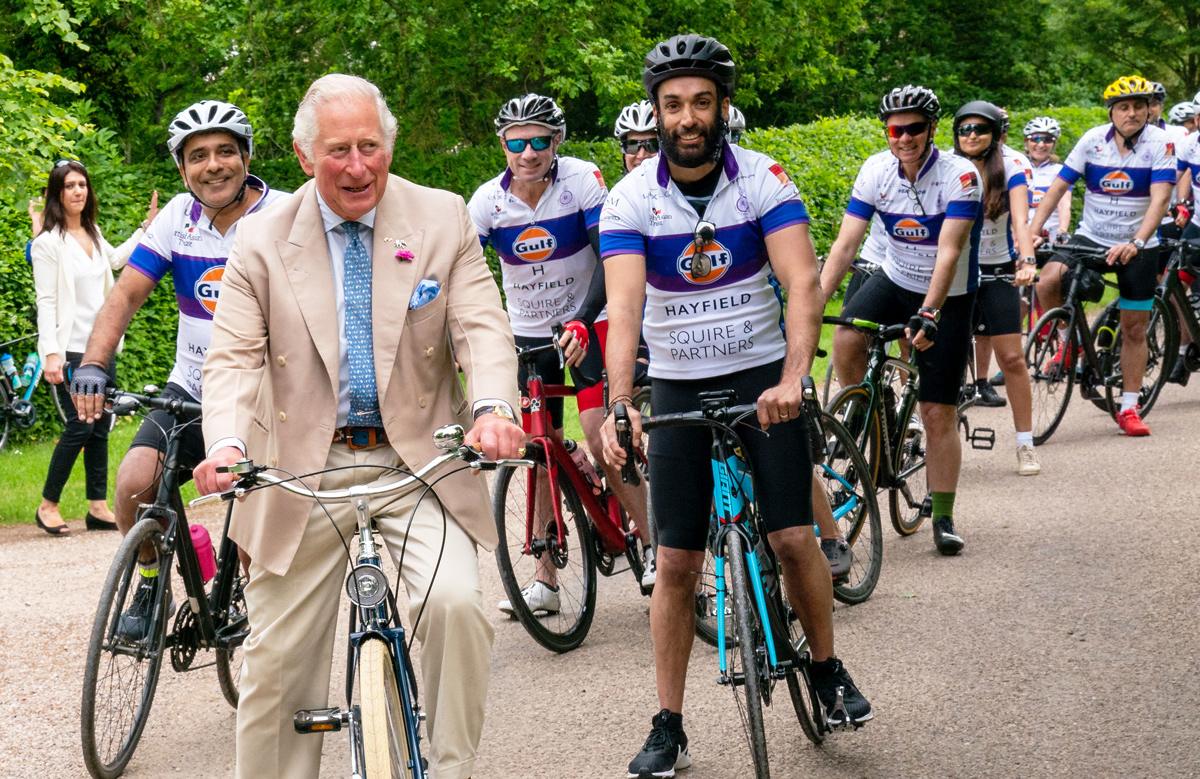
On a bike with members of the British Asian Trust as they start a sponsored ride at Highgrove House in Tetbury, Gloucestershire - June 2021

Prof Bogdanor also anticipates greater royal patronage of the arts, music and culture - more Shakespeare and less horse-racing.
But Sir Lloyd Dorfman, who worked with King Charles for many years on his Prince's Trust charity, doesn't foresee a complete halt to his involvement with issues such as climate change and organic farming.
"He's very knowledgeable, very effective. It's hard to imagine he'll give that up in a cliff-edge way on the day he becomes sovereign," suggests Sir Lloyd.
There has been much talk about the King preferring a "slimmed-down" monarchy. It's likely to mean a greater emphasis on a smaller core group of working Royals, with Charles and Camilla, Prince William and Catherine at its centre.
Despite this, the overriding message of the new reign will be continuity and stability, says royal commentator Victoria Murphy.
"Don't expect any huge, jarring differences. He will be very careful," she says.

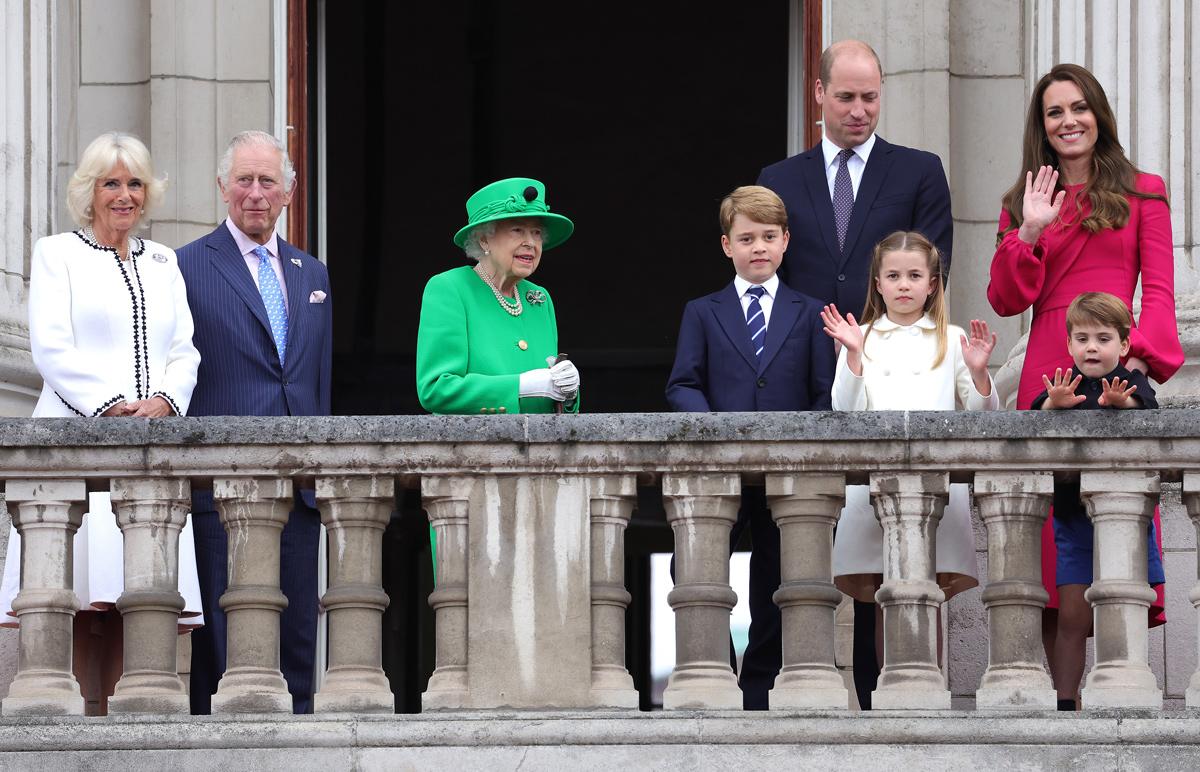
The "slimmed down" Royal Family on the balcony of Buckingham Palace, June 2022

Historian and author Sir Anthony Seldon believes King Charles has been fortified by being proved right over issues, such as warnings about climate change. From once being ridiculed, he now has an "Attenborough-aura," says Sir Anthony.
At the climate change summit in Glasgow in 2021, for example, Charles was taken seriously by figures like US President Joe Biden, according to royal commentator and author Robert Hardman, who says his status on the world stage will serve him well as King.
"It wasn't just platitudes. The two of them sat down together in a corner and Biden was saying: 'You got all this going'," he says.
"We've tended to think of the Queen as a constant in national life, but apart from her, he's been there longer than anybody in public life, longer than any politician," says Mr Hardman.
But what kind of character will we see in the new monarch?
Those who have known him say deep down he is a rather shy, reserved person. A "sensitive soul" is one description.

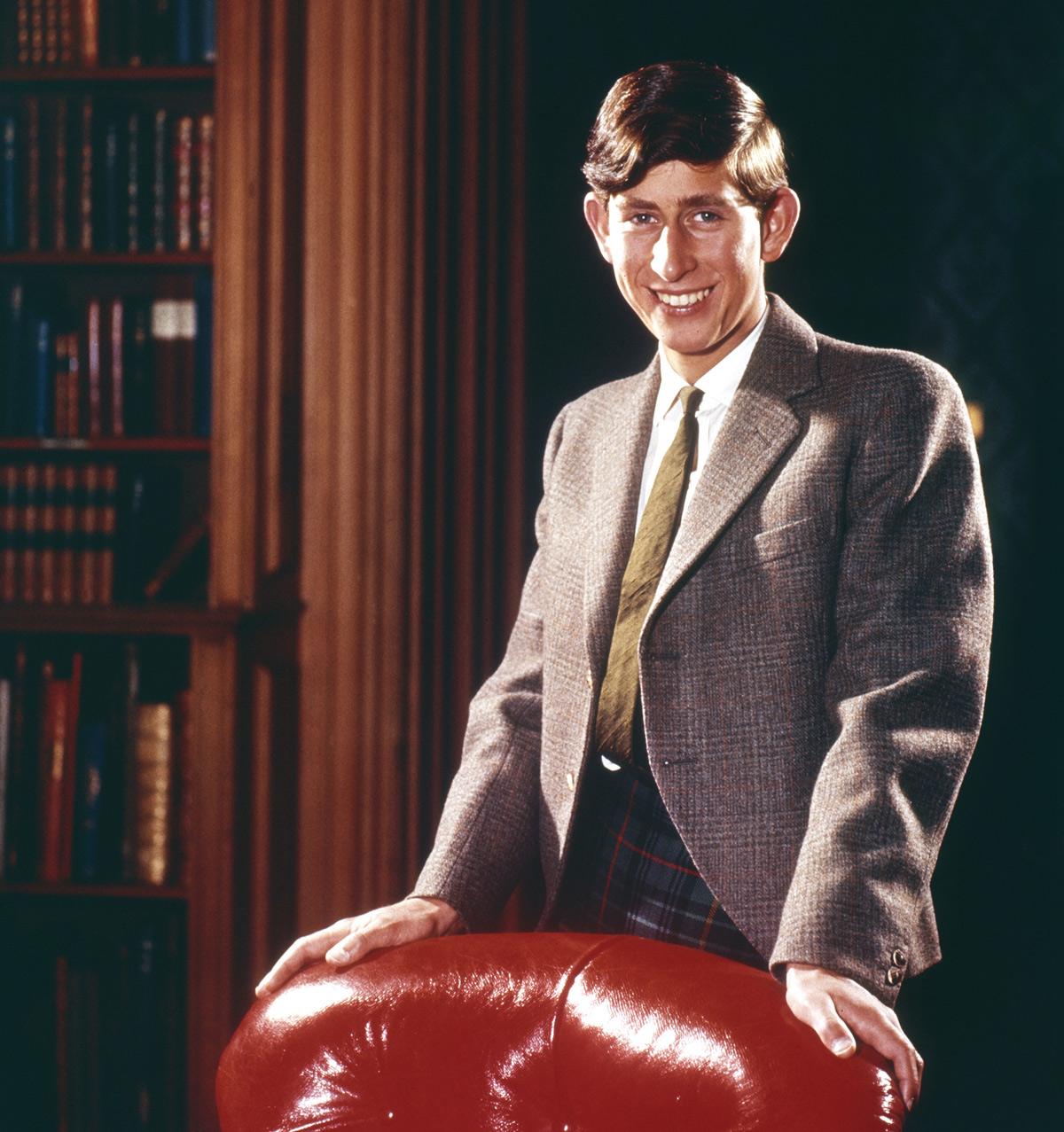
Official photograph to mark the prince's 18th birthday

There might be a trace of the lonely boy who complained of being bullied and isolated at school. "They throw slippers all night long or hit me with pillows or rush across the room and hit me as hard as they can," he wrote in a letter home about being tormented in his school dormitory.
His wife Camilla, now Queen Consort, has described him as: "Pretty impatient. He wants things done by yesterday. That's how he gets things done."
She told a TV interview for Charles's 70th birthday that below the rather earnest character that people see in public, there was a more playful side to him.
"They see him as a very serious person, which he is. But I would like people to see the lighter side of him. He gets down on his knees and plays with the children, reading Harry Potter to them and doing the voices," said Camilla.

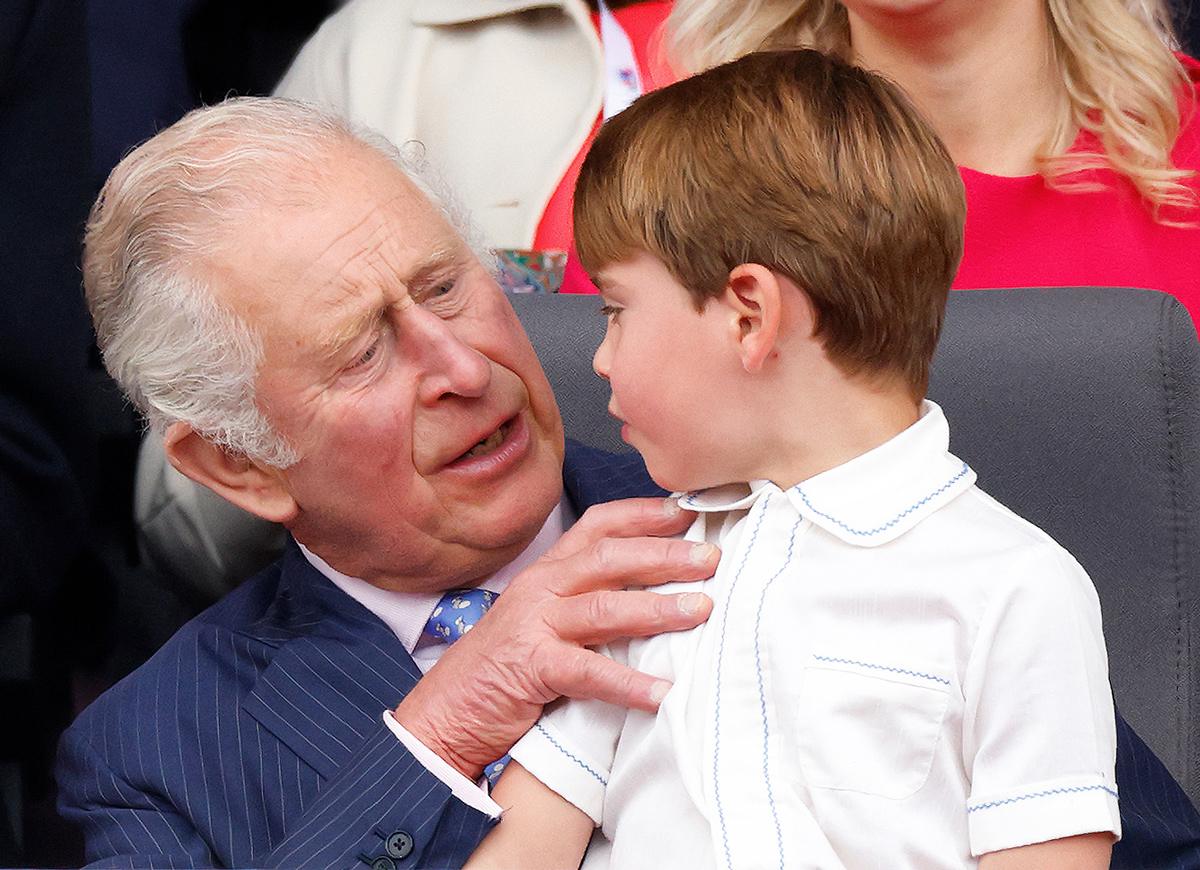
Charles with his grandson Prince Louis, during the Platinum Jubilee in June 2022
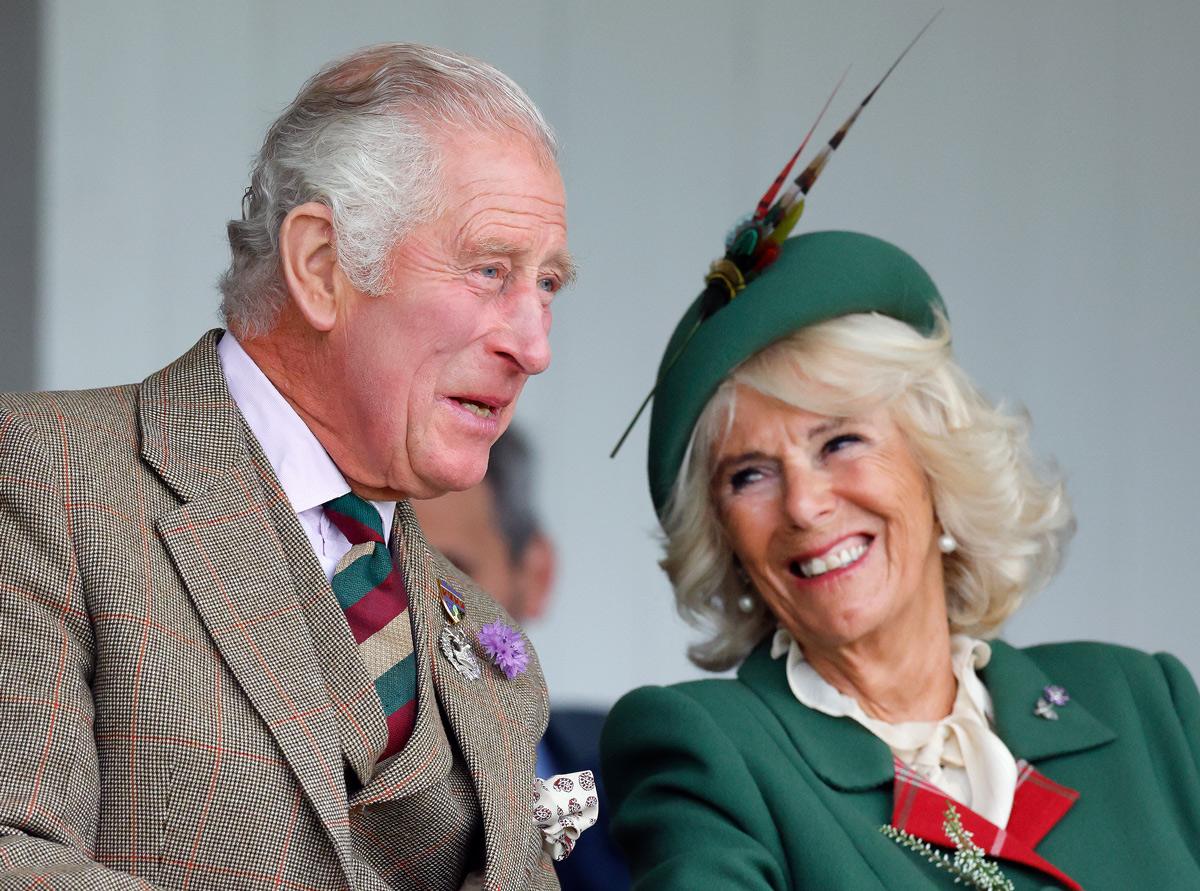
Charles and Camilla laughing during the Braemar Highland Gathering on 3 September 2022

Charles has become a relaxed and approachable figure when he's meeting the public, getting his audience onside with a few self-deprecating jokes. Perhaps that will change as monarch, but as Prince of Wales he developed an affable, grandfatherly style, with no standoffishness.
For a man in his 70s, the King shows no sign of slowing down.
Chris Pope, who worked with Charles on the Prince's Teaching Institute, describes the new King as a relentlessly busy, driven figure, a "bundle of energy" taking on a huge workload.
"He is genuinely passionate about the well-being of the next generation. You'll see that across a lot of the work he does," says Mr Pope.
The prince's charitable work includes protecting the heritage and preserving traditional craft skills - but at the same time encouraging innovation and change.
"He is always concerned that traditions are not lost, but that's not the same thing as saying we have to turn the clock back," says Mr Pope.
The new King's character seems to bring together those themes, which might be seen to be pulling in different directions, of wanting change while wanting to conserve. He's a kind of tweedy radical.

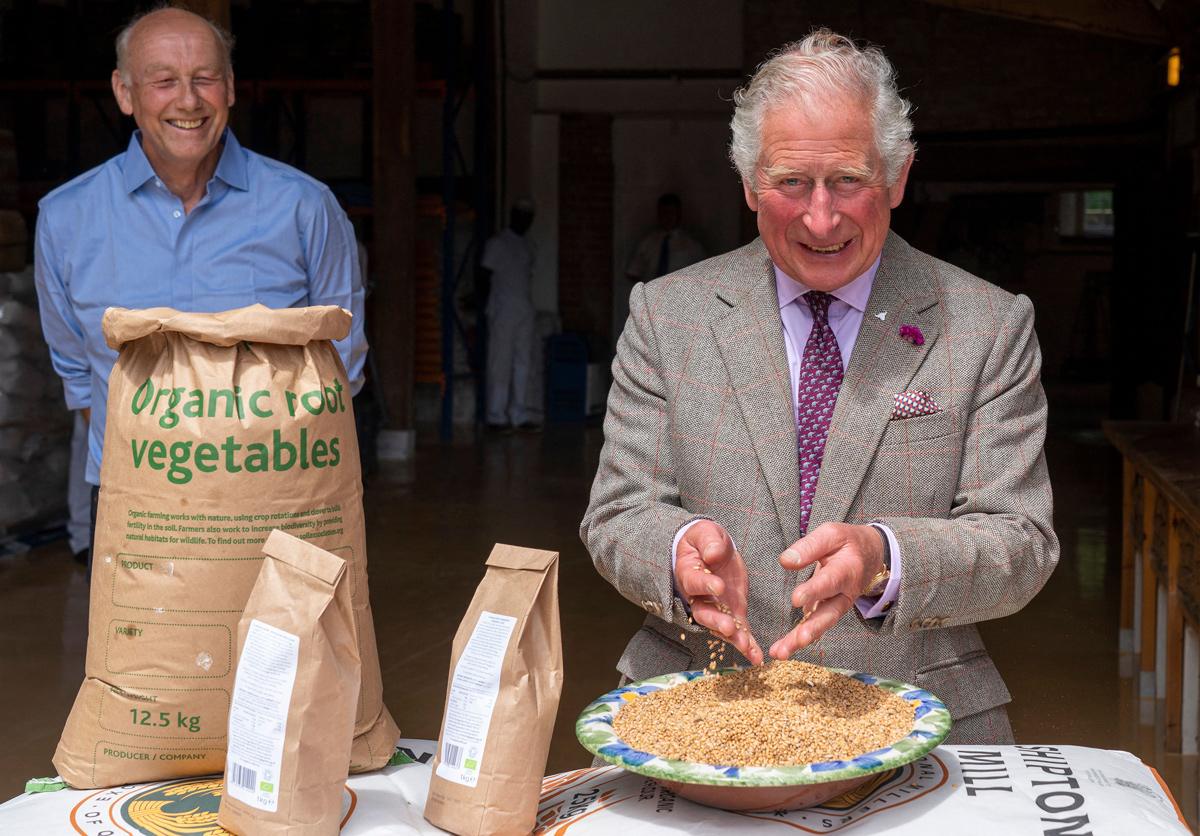
At Shipton Mill in Gloucestershire, which holds the HRH Royal Warrant and specialises in traditional milling, July 2020
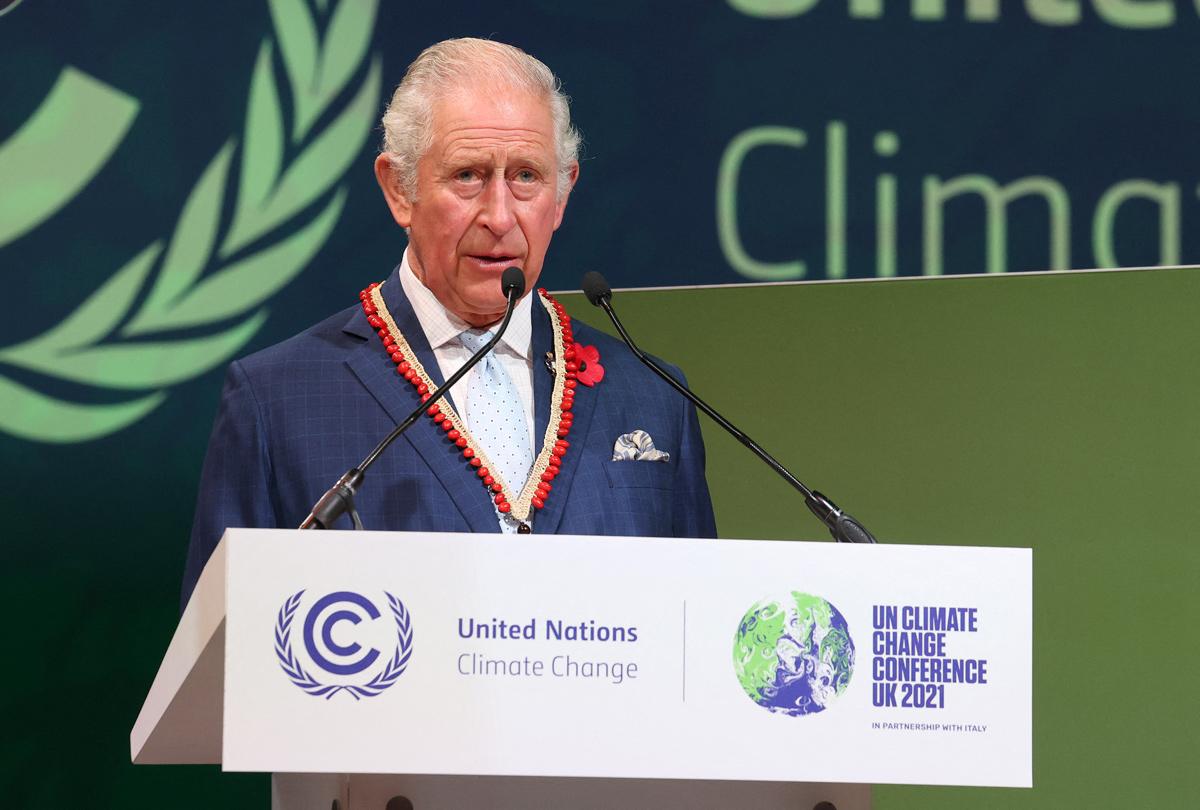
Charles addressing an Action on Forests and Land Use event on day three of the COP26 Climate Conference in Glasgow, November 2021

He sometimes looks like a red-cheeked landowner who has stepped down from an 18th-Century painting. At other times he sounds like a frustrated reformer, annoyed at how some communities have been neglected and left behind.
Much will be made of inheriting a sense of duty from his mother, but King Charles has also inherited her religious faith and her strong sense of humour.
Hitan Mehta has worked with him since helping to set up the British Asian Trust in 2007.
"He is a humanitarian at heart. I think people underestimate how much he does care. He often talks about the world he's going to leave for his grandchildren. He does worry about it," says Mr Mehta.
This can mean direct calls to action. "It must have been nine o'clock on a Friday night and I get a phone call from him saying: 'I've just heard about the floods in Pakistan. What are we doing?' It's not as if he's not a busy person. But he's heard of the problem and he's on it. He really does care," says Mr Mehta.
"This is a man who has dinner ridiculously late at night and then goes to his desk and will fall asleep on his notes," said Prince Harry about his father.

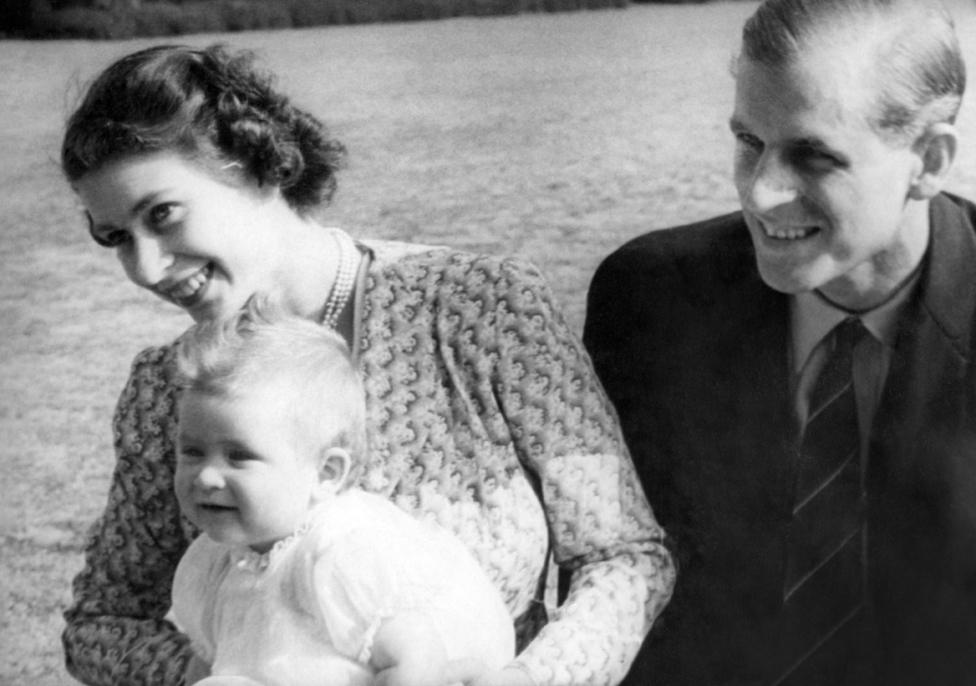
Charles was born in Buckingham Palace in 1948

Charles Philip Arthur George was born in Buckingham Palace on 14 November 1948. When the BBC announced his birth, it wasn't with news that the Queen had had a boy, but that his mother had been "safely delivered of a prince". Four years later, he became heir apparent.
"I find myself born into this particular position. I'm determined to make the most of it. And to do whatever I can to help," Charles said in a 2005 interview.
He's been the patron or president of more than 400 organisations and in 1976 he founded his own flagship charity, the Prince's Trust, using his severance pay from the Royal Navy.
It has helped almost 900,000 disadvantaged young people from some of the poorest parts of the country and given him an insight into a range of social problems.
His plans for the Prince's Trust to connect with what he called the "hardest to reach in society" didn't always go down well.
"The Home Office didn't think it was at all a good idea. It was quite difficult to get it off the ground," he told a BBC interview in 2018.
His work has drawn accusations of political interference and accusations of meddling, particularly around the so-called "black spider memos". Taking their name from Charles' spidery handwriting, these were private letters from Charles to government ministers from 2004 onwards.
The letters questioned the government's approach on issues such as farming, urban planning, architecture, education and even protecting the Patagonian toothfish.

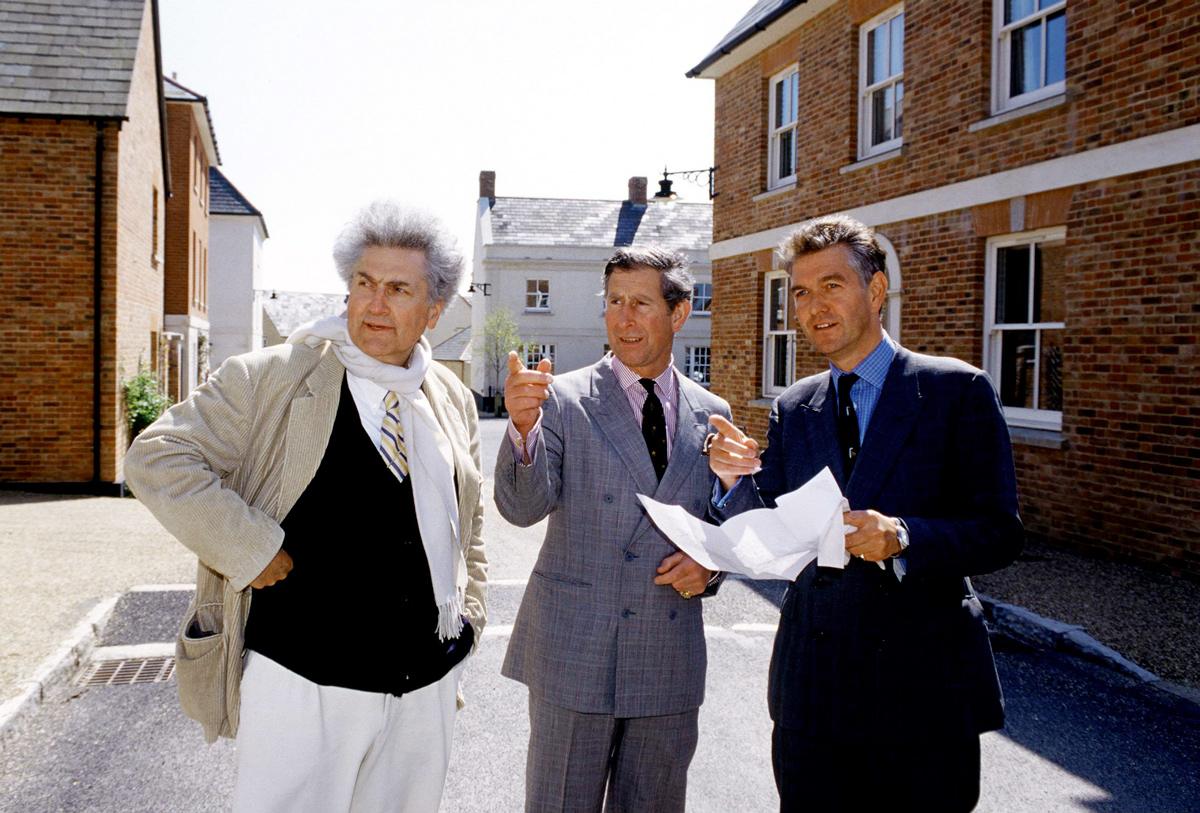
Charles, known for his public views on architecture, at his Poundbury village development, Dorset 1999

A former cabinet minister on the receiving end of Charles' lobbying said he didn't feel under great pressure, but his memory of the new King is of someone with fixed opinions. He saw him as arriving with pre-set views which he wanted to pursue, rather than wanting to engage with opposing arguments.
"I didn't feel brow-beaten. He'd make his interventions and you'd get letters. He didn't assert, he didn't push, he wasn't discourteous," he says.
Reflecting on claims of interfering, in a 2006 interview, Charles said: "If that's meddling, I'm very proud of it." But he acknowledged that he was in "a no-win situation".
"If you do absolutely nothing at all, stuff all, they're going to complain about that. If you try and get stuck in and do something to help, they'll also complain," he said.
In a later interview, he said that he had avoided party politics, but felt compelled to speak out on issues such as "the conditions in which people were living".
Former Labour minister Chris Mullin described in his diaries a briefing with Charles and how taken aback he was by his single-minded focus and his readiness to risk "treading on official toes".
"He comes back to the same point. How to widen the horizons of the young, especially the disaffected, the unlucky and even the malign. I confess I am impressed. This is a man who, if he chose, could fritter away his life on idleness and self-indulgence."

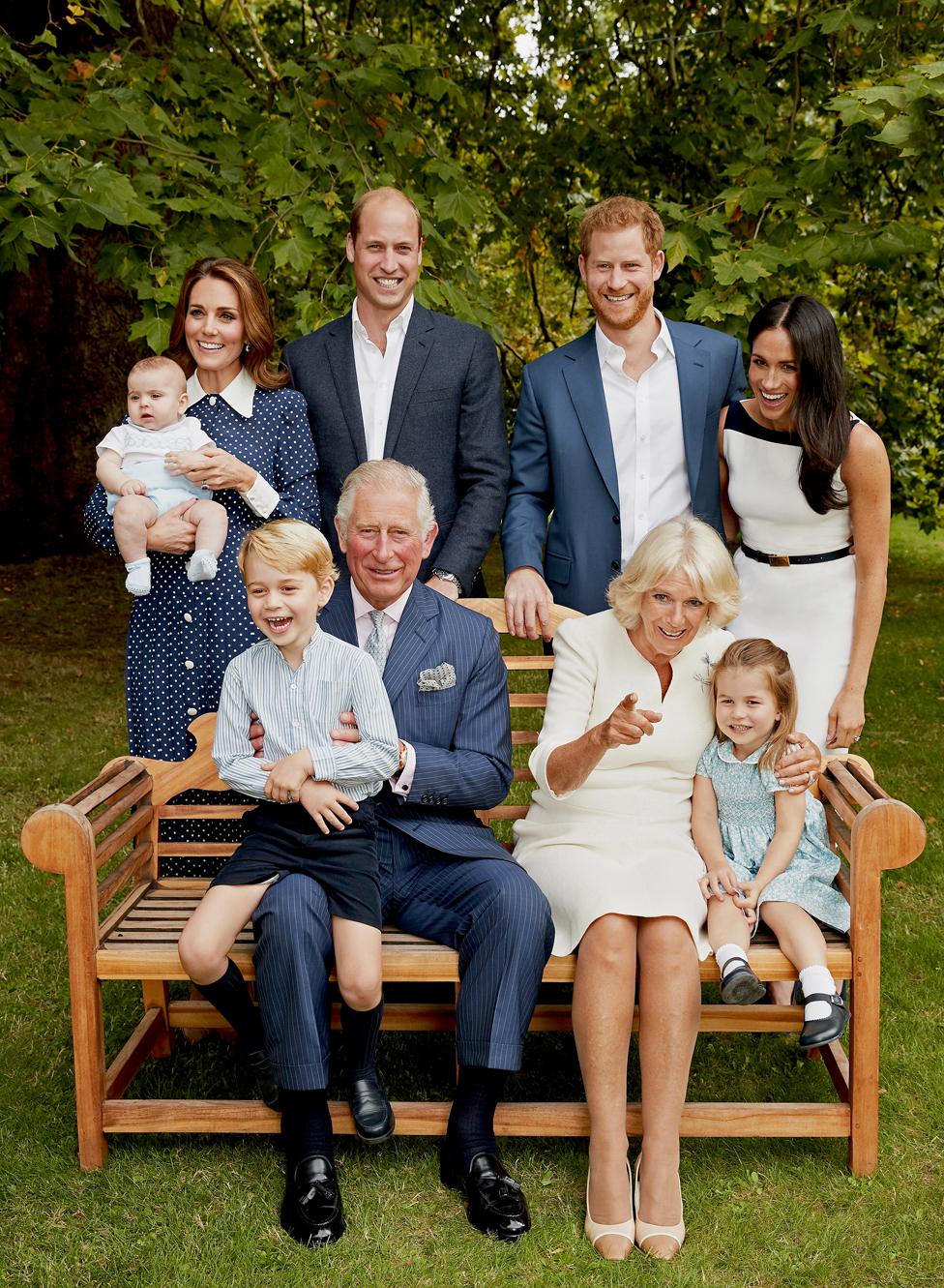
Charles posing for an official portrait to mark his 70th birthday in the gardens of Clarence House

How much public support will King Charles have as his reign begins?
"Something as curious as the monarchy won't survive unless you take account of people's attitudes. After all, if people don't want it, they won't have it," Charles has said.
According to research carried out by YouGov in December 2021, he has been growing in popularity, with almost two-thirds of people seeing him in a positive light.
But opinion polls have consistently shown him to be less popular than his mother Queen Elizabeth II or his son Prince William, so there is a sizeable proportion of the public still to be won over. In particular his popularity is lower among younger people.
Victoria Murphy says this could reflect the unsympathetic portrayals of Charles in TV shows and movies about his relationship with his first wife, Diana, Princess of Wales, who died in a car crash in August 1997.
These might be a mix of fact and fiction, but they are a big influence.
"What's been really interesting over the last few years has been how large Diana continues to loom as a narrative around the Royal Family," Ms Murphy says.
As Charles has approached the throne, there has been an attempt to shift the public perception, says Professor Pauline Maclaran of the Centre for the Study of the Modern Monarchy at Royal Holloway, University of London.
From the previous lampooning of him on comedy shows such as Spitting Image, he has been gradually repositioned as a more dignified figure, a "sage" with serious things to say about the environment, says Prof Maclaran.
The interests of the public might not always be so high-minded. And as head of the Royal Family he will have to contend with the intense global appetite for stories about Prince Harry and Meghan, the Duchess of Sussex, and their relationship with the Royal Family.

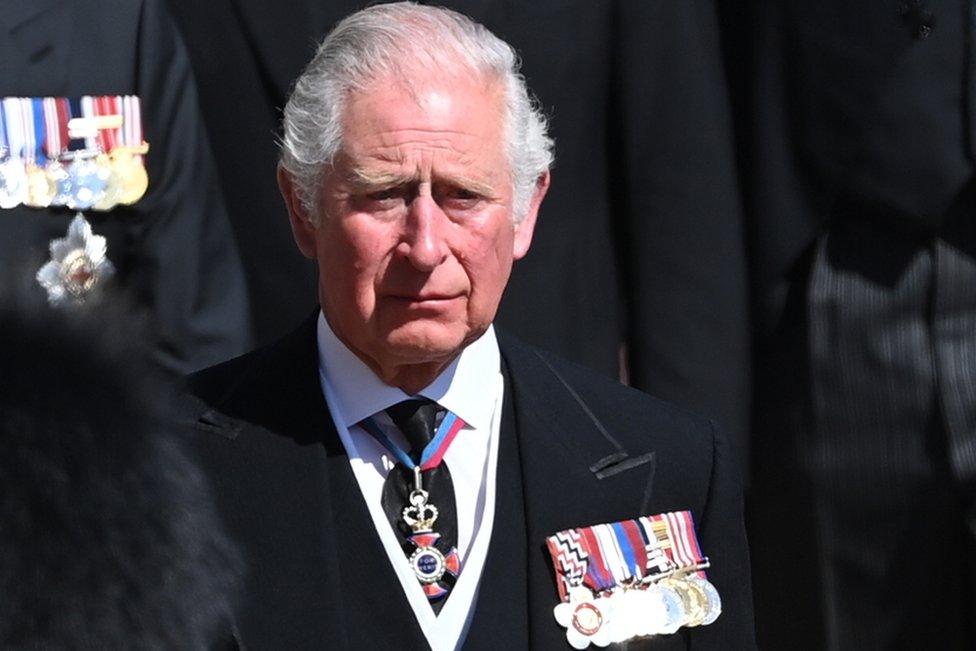
The Prince was visibly upset at the funeral of his father, Prince Philip, in 2021

Where royal stories start to overlap with the soap opera of celebrity life isn't his natural territory.
King Charles faces other tough family decisions, such as the future role of Prince Andrew, or the lack of it, after the settlement deal that followed the sexual assault claims of Virginia Giuffre.
Outside the UK, a major challenge will be to redefine a more modern relationship with the Commonwealth. As its new head, how can his visits to Commonwealth countries navigate the difficult legacies of colonialism and issues such as slavery?
King Charles has become head of state of 14 countries, as well as the UK. Some of these could want to become republics, while staying as Commonwealth members, and King Charles has already made clear he is ready for grown-up conversations about change.
There have been decisions already taken that have smoothed the path of his new reign. He must have been delighted when his mother intervened to say Camilla should use the title of Queen consort, rather than Princess.
Camilla will be a vital support as he starts one of the highest profile roles in the world at an age when most people would have retired.
This moment, in all its daunting solemnity, has been waiting ahead of him all his life.
For King Charles, it's his time now.

Read the latest from our royal correspondent Sean Coughlan - sign up here.
- Published1 March 2024
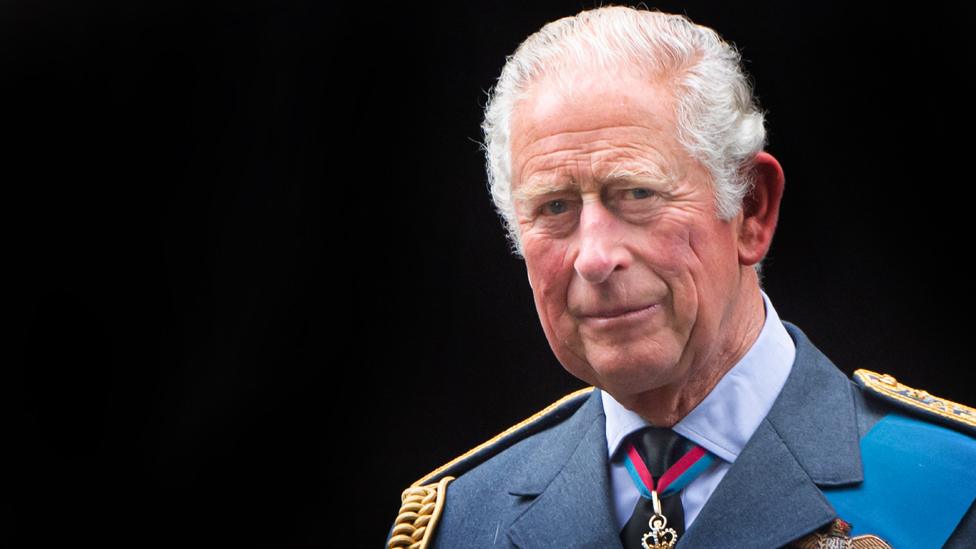
- Published8 September 2022
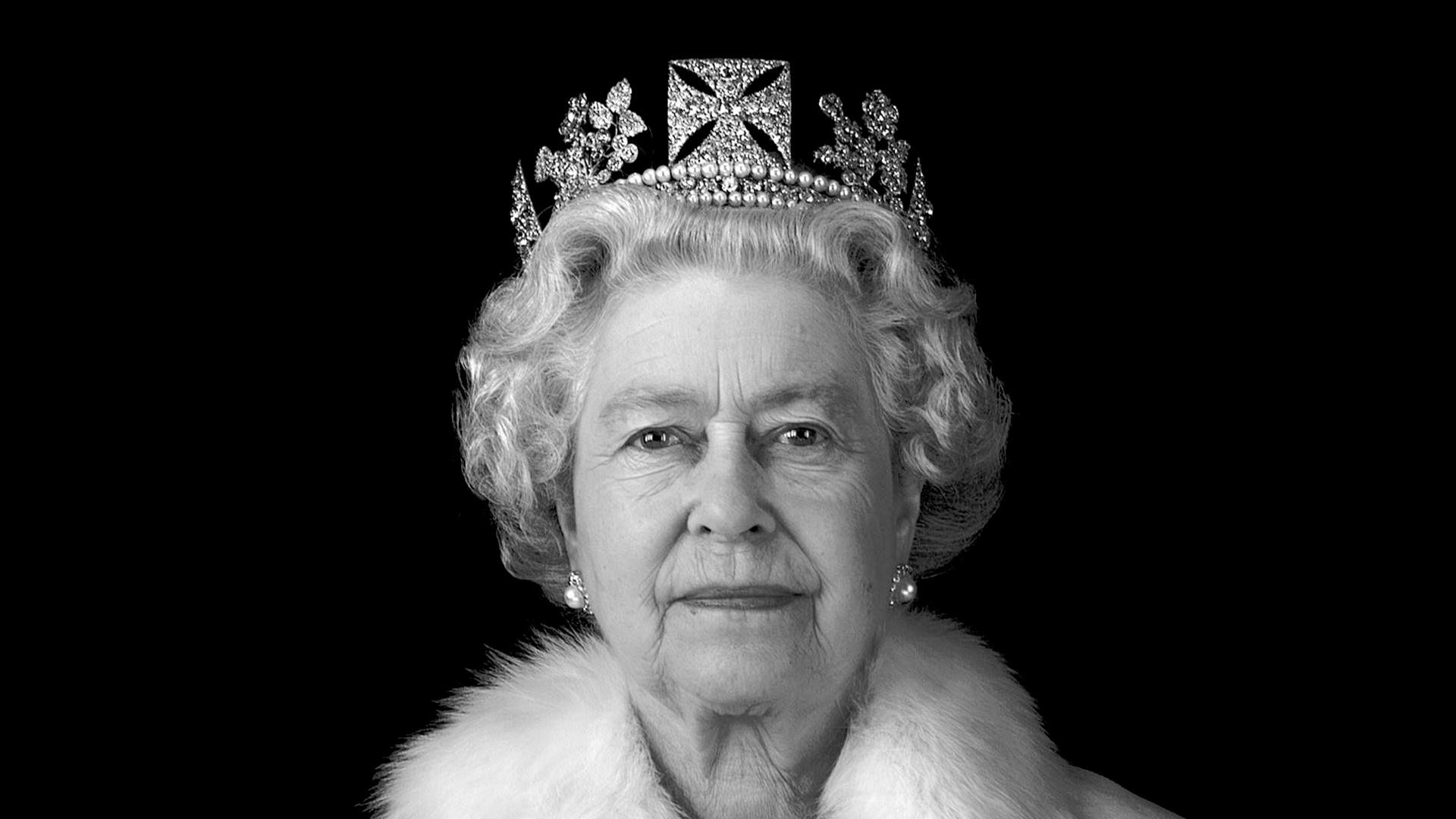
- Published8 September 2022
